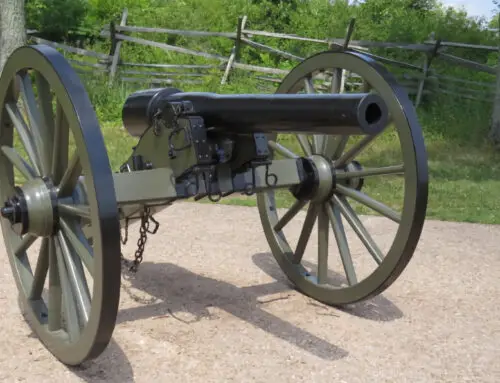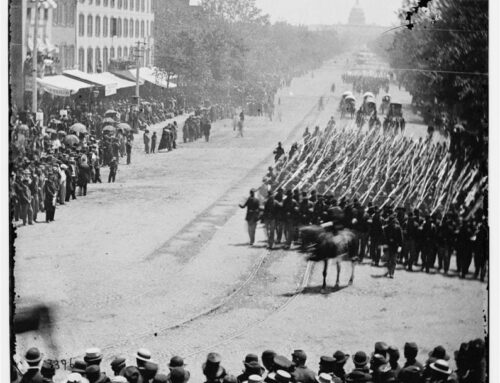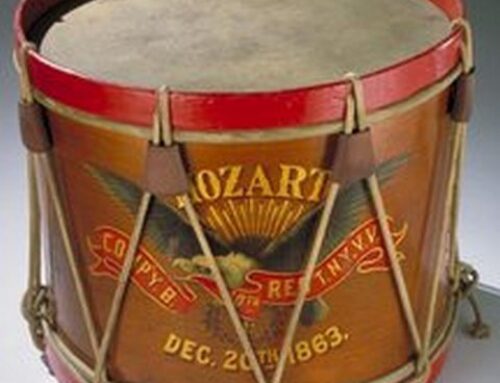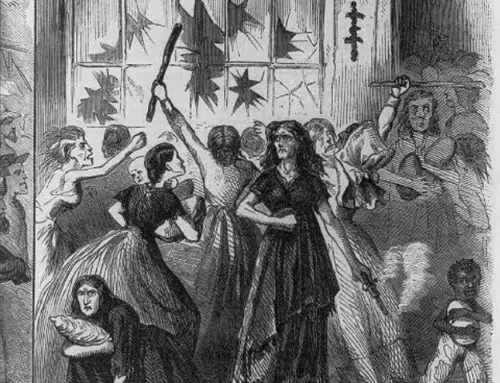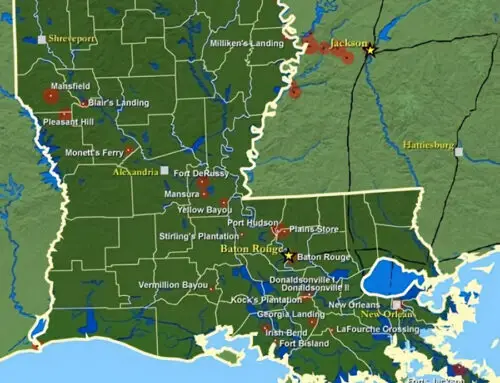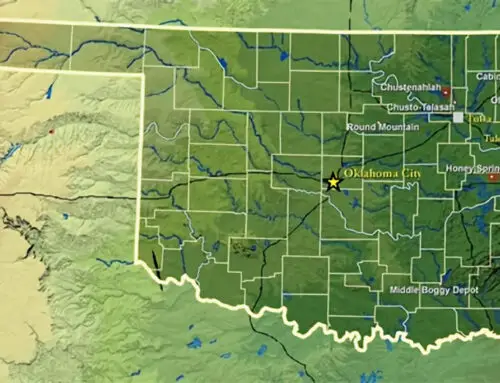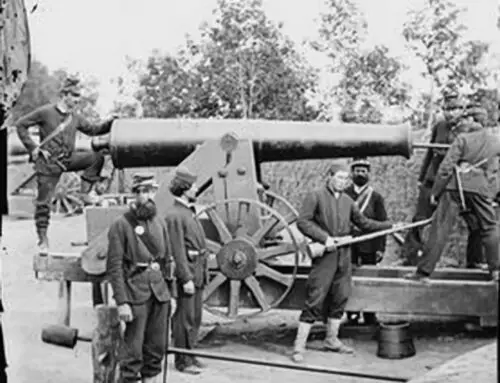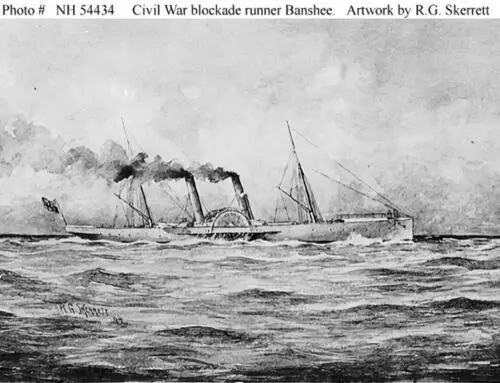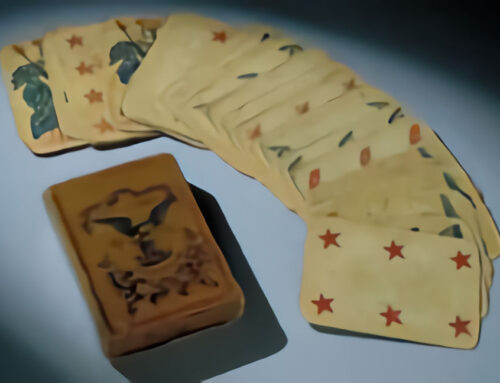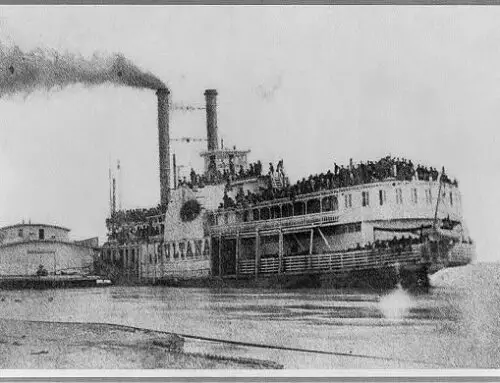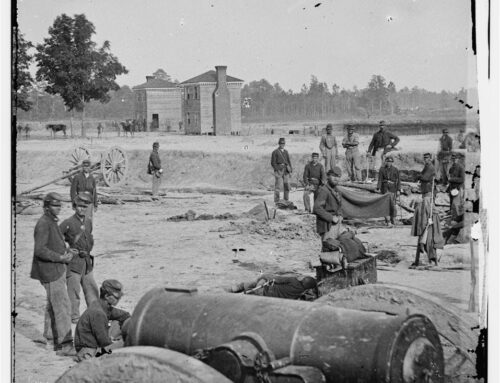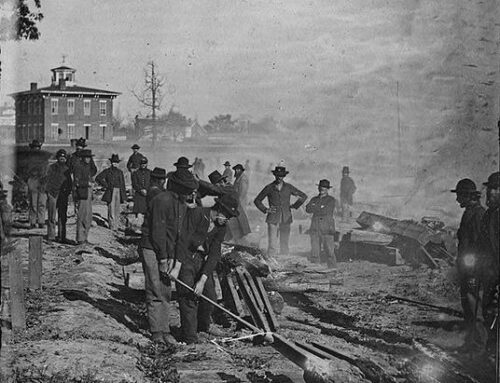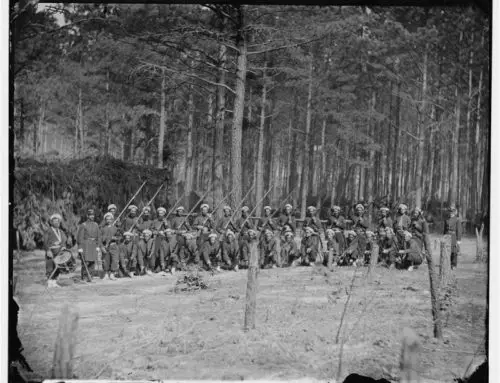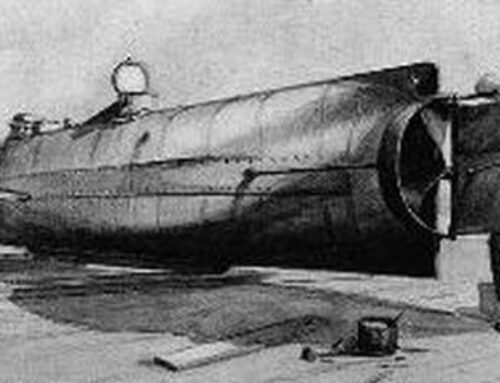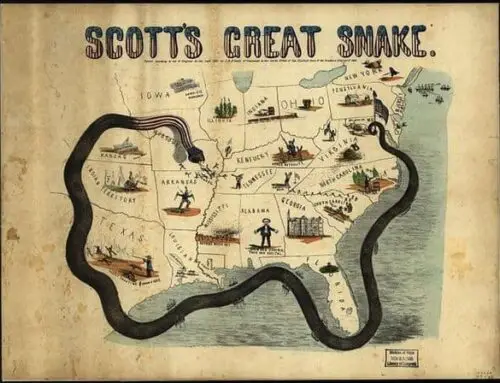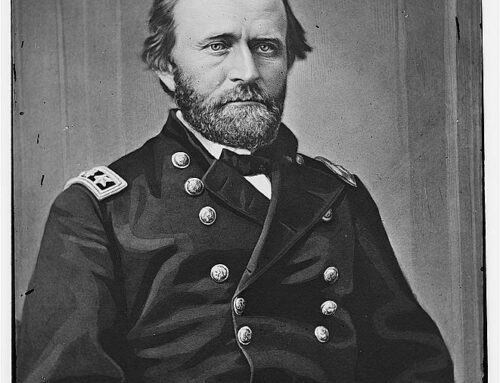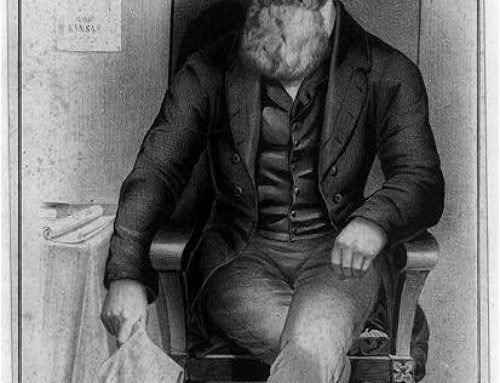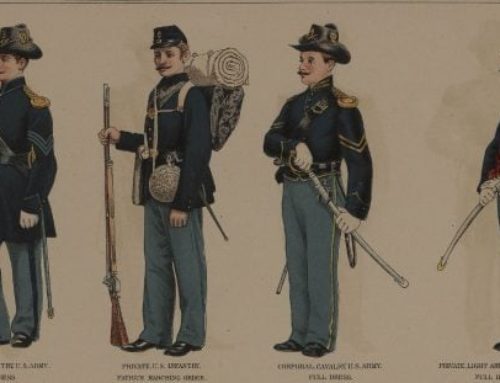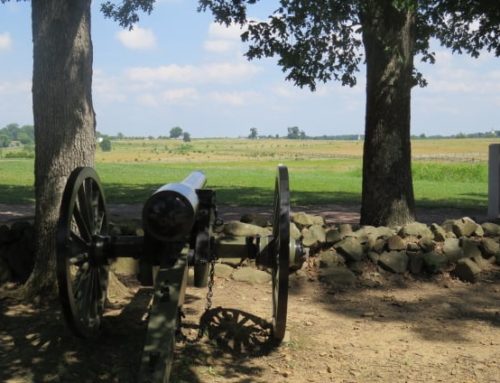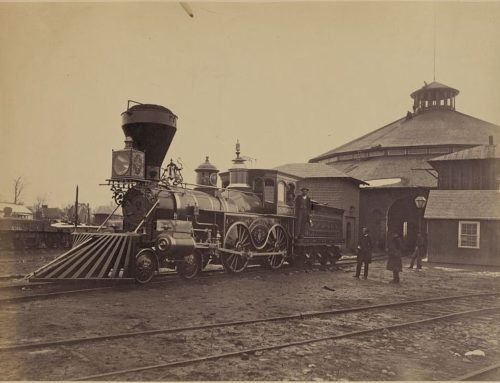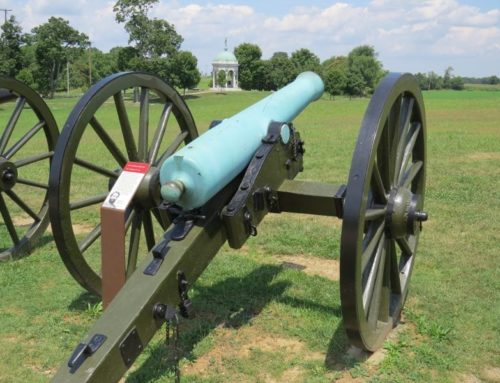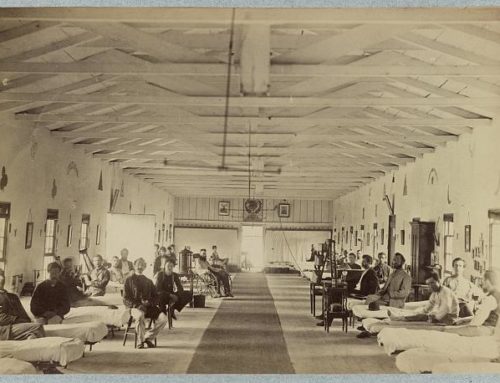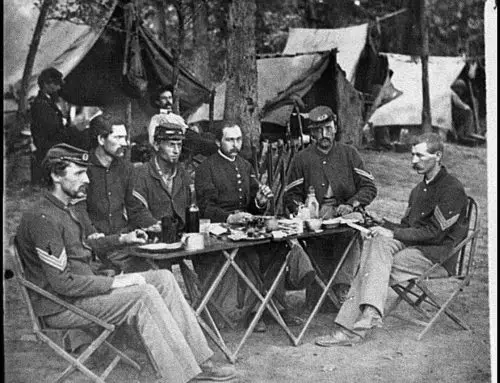May 25th – July 4th 1863
The battles of the Vicksburg campaign were some of the fiercest and long lasting of the war. This was to be the last of the western fortresses on the Mississippi to be taken at all cost by the Union and General Grant.
The Union had taken almost every available route of escape away from the Confederate army and was poised to strike a crippling blow to the war effort of the Rebels.
The Union Army of Tennessee, under the capable command and brilliant leadership of General Grant.
He gained total control of the Mississippi River by defeating the Rebel forces at Vicksburg. The campaign had many important naval battles in it as well as dynamically choreographed military missions meant to deal the South a knockout punch. Like a stumbling prizefighter, the Confederates were unstable and the North was on a roll.
The battles fought during the campaign numbered 11 and each one was an important stepping- stone to the next. General Grant expertly lead his army into each battle and won the majority of them.
The Union army was strong in every position and the South had no answer for the Union naval operations as they controlled much of all the water outlets in the area. Grant even went so far as to capture another fully intact Confederate army of the campaign.
The summer of 1863 could be defined in one phrase, the summer of the Rebel discontent. Nothing was going right for the Rebels as they were previously still reeling from the devastatingly tragic loss at Gettysburg just months earlier. That epic battle and stuff of legends showcased the best that the Confederates could throw at the Union, Lee, and still they lost. The war was closing in on the South but still a feint sliver of hope prevailed in the city of Richmond.
The most important aspect that came out of campaign for the Union army was that they now controlled all of the Mississippi River. The side that controlled that waterway controlled a direct route through the Confederacy and would eventually dominate the war. The South did not surrender the fight yet, but they were close to being surrounded.
A sign of things to come was the boat trip President Lincoln embarked and completed after the fall of the city. Lincoln would later say of the trip. “The Father of Waters again goes un-vexed to the sea.” what the eloquent Lincoln was alluding to was that the South could not win the war anymore if it could allow the leader of the Union, a leisurely boat trip down the Mississippi River.
General Grant was the undisputed winner of the campaign and all the credit was well deserved.
In as much as it is true that the North, by this juncture of the war, had superior numbers in every category that measured winning a war. The South was done; it just could not admit that one glaringly obvious fact. Pride ran deep in the hearts of even beaten men.


